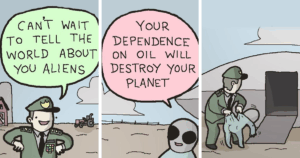“Unlocking Financial Disaster: 17 Credit Card Blunders You Didn’t Know Were Draining Your Wallet!”
A higher credit limit can lower your credit utilization ratio, a key factor in determining your credit score. If you have a good track record of responsible credit card use, accepting a credit limit increase can be a strategic move to improve your creditworthiness. However, it’s crucial to exercise discipline and avoid overspending simply because you have a higher limit.
15. Closing Old Credit Accounts

While it may seem logical to close old credit card accounts you no longer use, doing so can negatively impact your credit score. The length of your credit history is an important factor in determining your creditworthiness. Closing old accounts shortens your credit history, potentially lowering your score. Additionally, closing an account with a high credit limit can increase your overall credit utilization ratio, further impacting your score.
Before closing a credit card account, consider the potential impact on your credit score. If the card has no annual fee, it may be worth keeping it open even if you don’t use it regularly.
16. Ignoring Fraudulent Activity

Credit card fraud is a pervasive problem. A staggering 60% of U.S. credit card holders have fallen victim to credit card fraud, with 45% experiencing fraud multiple times. Whether it’s an unauthorized transaction, a compromised account, or a stolen card, failing to report fraudulent activity promptly can leave you liable for the charges and damage your credit score.












